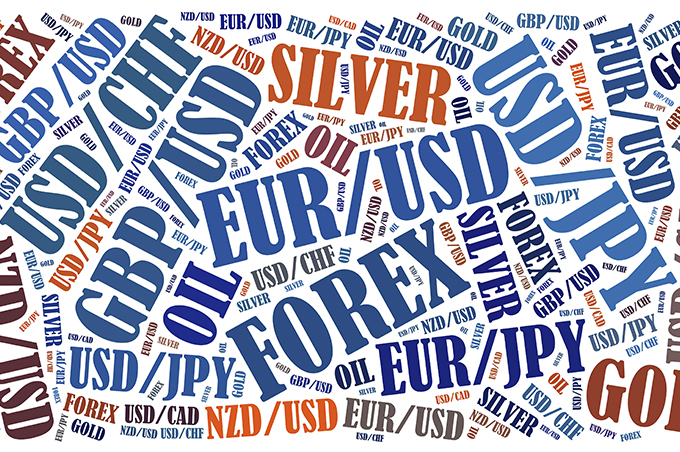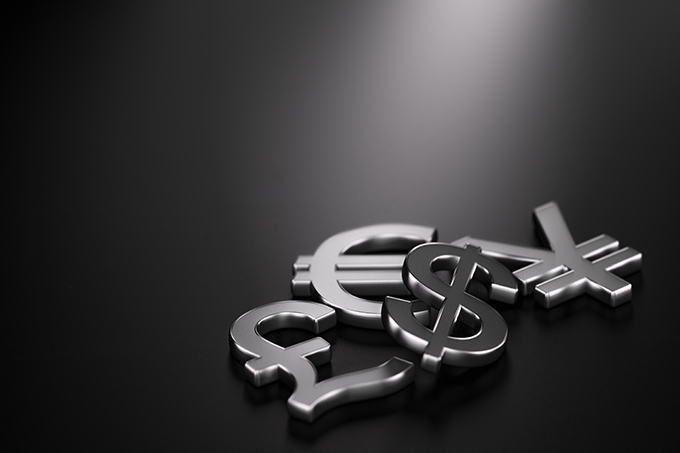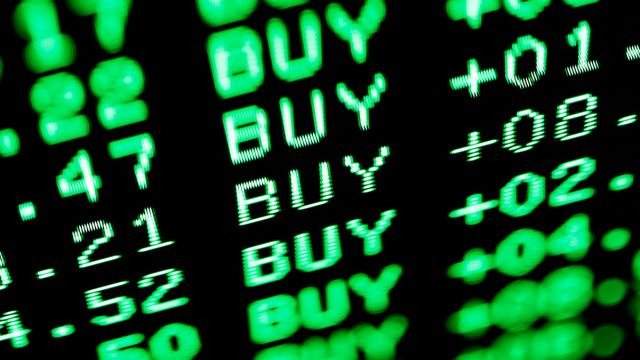The following Forex news reports are the latest developments of the Forex market. The news reports are updated frequently and include all the events that affect the foreign exchange trading industry.
Most Recent
All of the major stock markets closed lower on Friday; the only variable was how big the losses were. In Europe over the course of last week, the FTSE fell by 2.5%, closing at 5060.9; the CAC dropped by almost 5% closing at 3563.8; the Dax shed 3.1%, ending the week at 5434.3.
The big event to report from the Asian Session is that the SNB intervened in the EUR/CHF at 1.4620 level creating a ripple effect in the USD/CHF and EUR/USD.
The single currency Euro surged in Asian trading today, following the central bank of Switzerland’s selling off of Swiss Francs. As reported at 4:07 p.m. (JST) in Tokyo, the Euro was holding steady at 1.4730 Francs, a .6% rise on the day.
Top Forex Brokers
A report from Bloomberg says that the US government will officially recognize that job losses from April 2008 to March 2009 increased by 825,000 above previous reports. Since this is data is not relevant to Friday's NFP, I think traders will more then likely brush this off and focus more on the NFP report.
The U.S. Dollar steadied against multiple currencies in Asian trading today after it made brief gains precipitated by the respective falls of the New Zealand and Australian Dollars on worse than expected economic data.
Continuing investor worries over the fiscal deficits in European nations, especially in Greece and Portugal, pushed the single currency Euro lower against the British Pound Sterling. As reported at 1:19 pm (JST) in Tokyo, the Euro was trading at 87.25 Pence down from yesterday’s late New York trade of 87.42 Pence.
The JPY rose off earlier lows against the majors and the AUD slid on Tuesday after Australia's central bank put the country's interest rates on hold, surprising investors who had been preparing for a rise in rates.
To the surprise of the market, the RBA decided to pause rates stating that the global economy rather then the local conditions is what prompted them to hold off. The RBA more than likely fears that a slow down in China will have a ripple effect on their economy and just waiting to see what happens. Australian business confidence index did fall sharply by 11 points to 8.
Investors were caught flat-footed by the Reserve Bank of Australia when the central bank made no move to increase a key interest rate, which had long been predicted by analysts and investors alike. As a result, the Australian Dollar slipped more than 1% versus the U.S. Dollar and Japanese Yen, within minutes of the announcement by the RBA that the 3.75% interest rate would be held
Bonuses & Promotions
The U.S. Dollar Index struck its highest price in more than 6-months in Asian trading today; meanwhile, the single currency Euro remained under pressure and close to a 7-month low on continuing fiscal concerns in certain of the Euro-zone nations.
Deflation pressures remains a concern for Japan based on decline in consumer prices and the yen’s 8 percent climb in the past nine months which are forcing policy makers to remain open to further stimulus. Despite Japans massive debt load of 973 Trillion yen (a ratio of 200% to GDP compared to the US 90%) traders are still driving Yen crosses lower on risk aversion fears.
The single currency Euro struck a fresh 9-month trough versus the Japanese Yen, and a 6-month low against the U.S. Dollar on continuing investor worries over the worsening fiscal situation in Greece.
Subscribe
Sign up to get the latest market updates and free signals directly to your inbox.The U.S. Dollar stepped back off a 6-month peak versus the single currency Euro following U.S. President Barack Obama’s State of the Union Address last night in Washington.
Reports of central bank buying interest lined up at 1.4040 down to 1.4000. Stops below 1.4030 with option protection at 1.4000 and more stops below. Good bids again at 1.3970 and stops below 1.3950 on the EUR/USD. The higher CPI data from Australia helped propel the AUD/USD to a high of .9045, majority of retail traders are already long on this pair.
The trend of risk aversion continues in Asian trading today, with investors opting instead for the safe-haven Japanese Yen, which saw broad gains. As reported at 1:24 p.m. (JST) in Tokyo, the Japanese Yen rose .5% versus the U.S. Dollar, to trade at 89.15 Yen, the highest level in nearly 6 weeks.



